Search
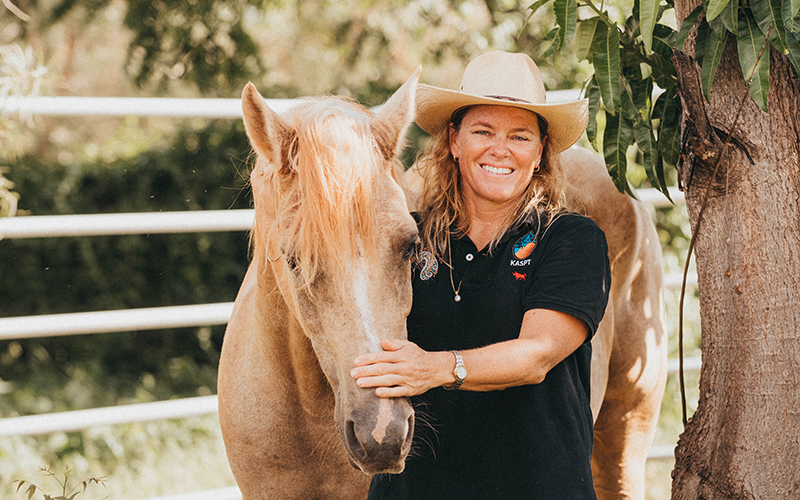
News & Events
Major funding boost for innovative Yawardani Jan-ga programA trail-blazing Aboriginal-led program which uses equine-assisted learning to address the urgent needs of young Aboriginal people across the Kimberley has been given a major funding boost, thanks to a generous grant from Healthway.
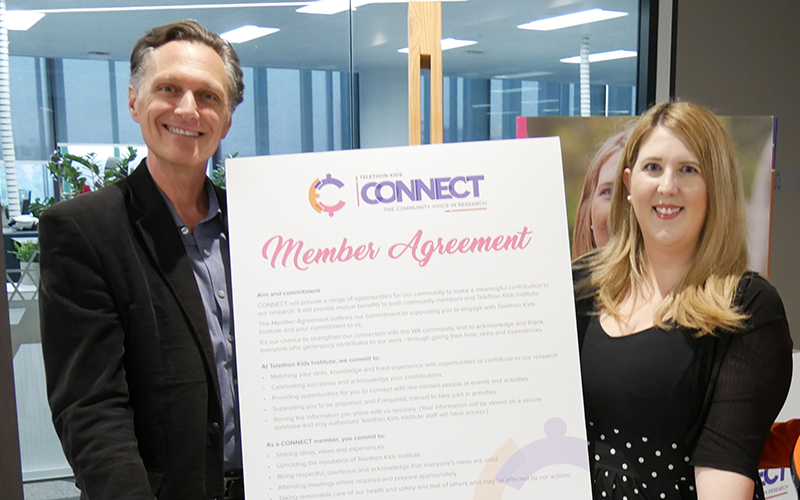
News & Events
Celebrating CONNECTAt The Kids Research Institute Australia, we’ve always known what a fantastic community we have around us.
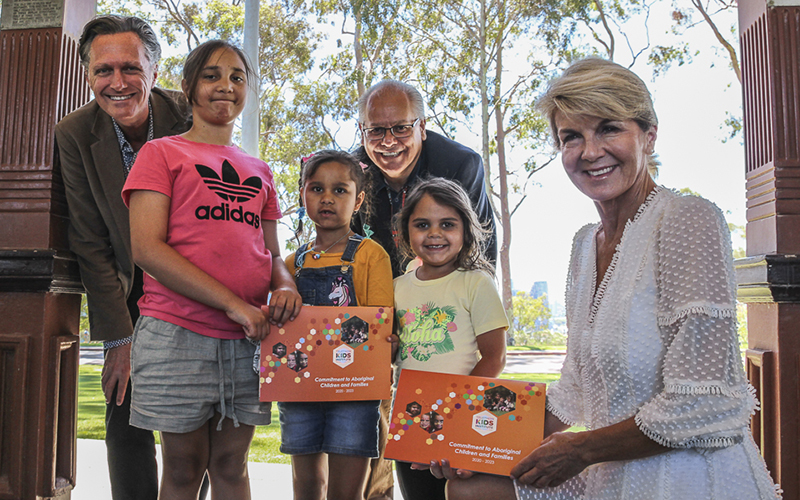
News & Events
Our Commitment to Aboriginal Children and FamiliesWe will prioritise our partnerships with Aboriginal families and communities across Western Australia and beyond to improve the health and development of their children.
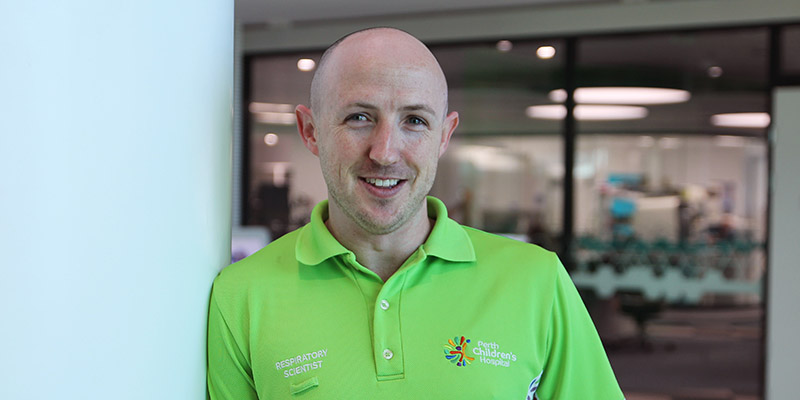
News & Events
Pre-term kids get green light to exerciseParents of children born prematurely have expressed concerns about their child’s lung health when they exercise, with symptoms such as breathlessness.
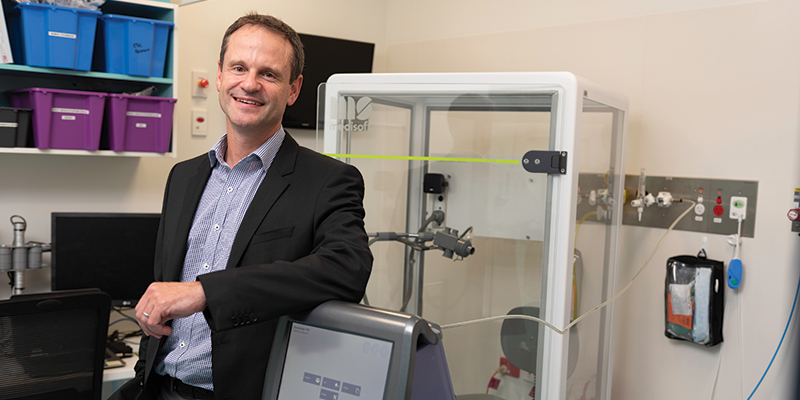
News & Events
Big data science may help unlock simple test for asthmaPaediatric respiratory physician and The Kids researcher André Schultz has had to wait more than a decade to test out a simple idea.
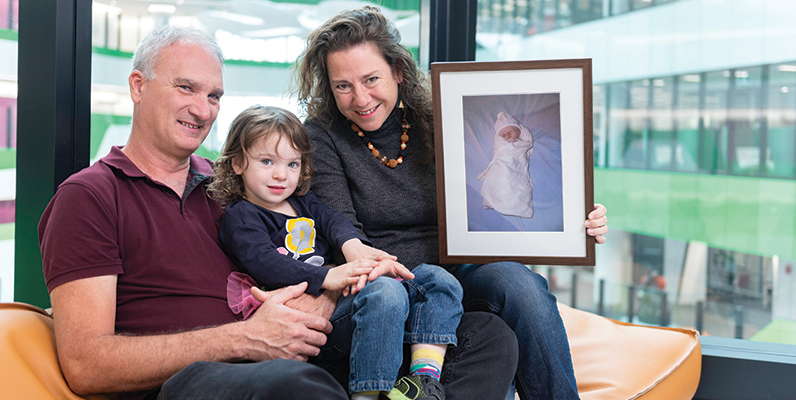
News & Events
Busting myths around stillbirthTelethon Kids Institute researchers believe a public education campaign, like the one SIDS, would help to reduce the number of babies who are stillborn.
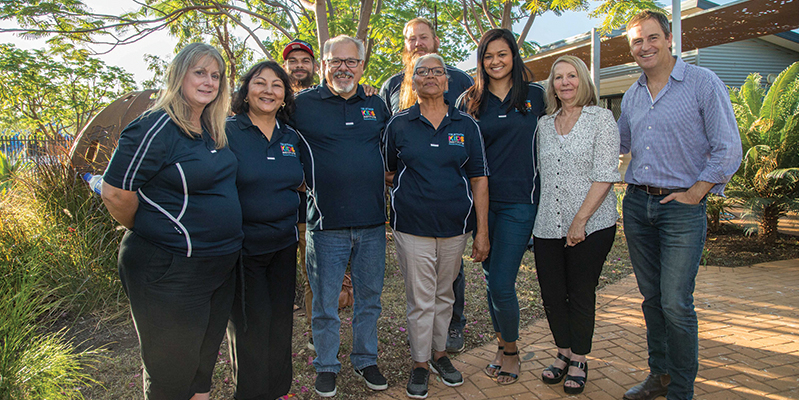
News & Events
Warajanga marnti warranja – together we walk on countryA $5 million commitment from BHP has allowed The Kids researchers and Aboriginal communities to make FASD history in the Pilbara.

News & Events
Game aims to alleviate depression for trans youthA digital game adapted by researchers is set to deliver engaging, accessible help to prevent depression for trans and gender diverse young people.
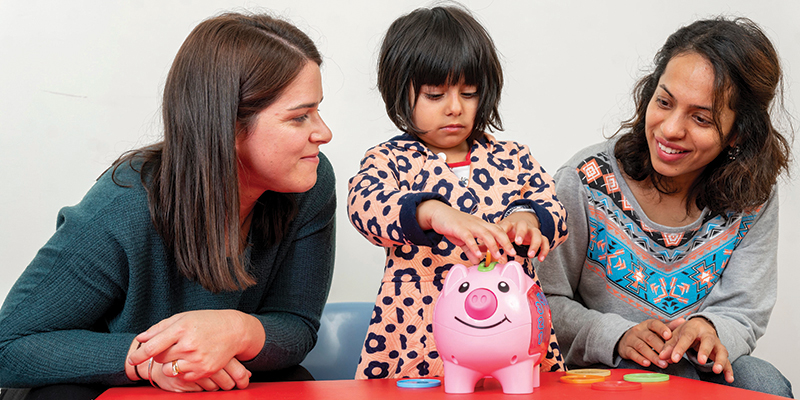
News & Events
Unique CliniKids a marriage of research and practiceA unique new model developed by the The Kids autism research team marries cutting-edge research with clinical practice to offer families innovative, evidence-based interventions designed to help kids reach their full potential.
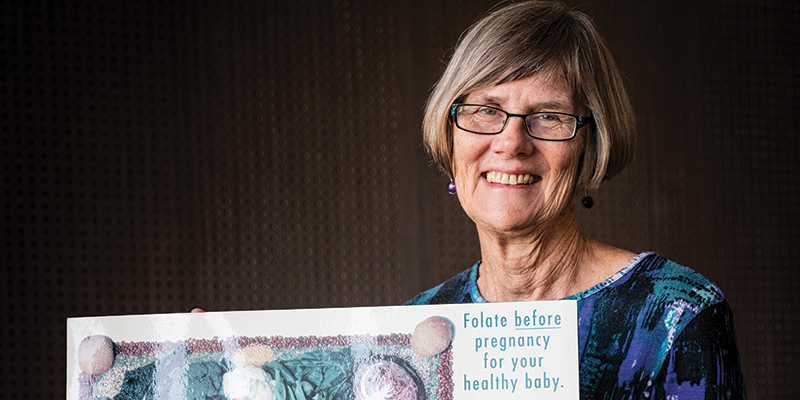
News & Events
Data key to policy winA key tool in the push to achieve mandatory folate fortification came in the form of data provided by the Western Australian Register of Developmental Anomalies (WARDA) – originally established by Professors Carol Bower and Fiona Stanley.
